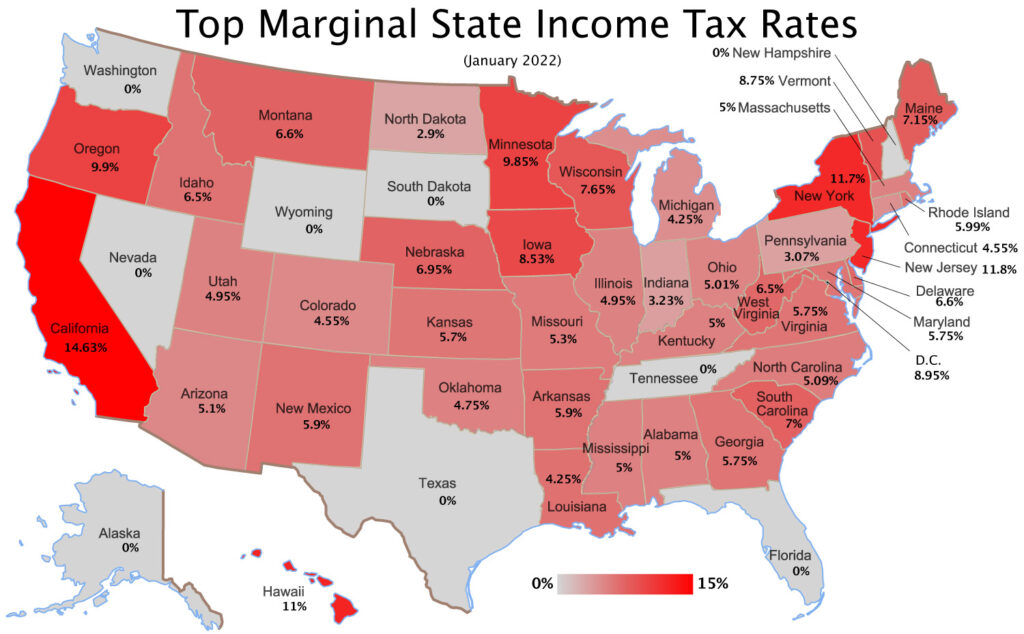According to Michigan Advance, a group of Michigan based labor and educational focused organizations have recently launched a ballot initiative to add a 5% income tax hike “for individuals with incomes over $500,000 and couples earning over $1 million.”
One area which would be affected by such a raise in taxes is Detroit’s beloved sports scene.
The issue, (which is “ridiculous,” according to NHL Commissioner Gary Bettman) was originally raised by NHL media superstar Paul Bissonnette during an NHL on TNT broadcast, when discussing the dominance of the Florida Panthers over the past few years.
With certain states like Texas and Florida having no income tax, compared with states that have higher than 10% rates such as California, state income tax plans are playing a large role in sports.

The first place is in free agency.
The MLB currently has the lowest minimum salary among the four major sports leagues, sitting at $740,000 for the 2024-25 season. In the state of Michigan, where the flat income tax rate is 4.25%, a 5% hike would have players making that league minimum losing over $68,450 annually on state income tax alone.
Detroit has struggled to bring big-time free agents across all sports to play in Michigan. The Red Wings specifically have had struggles acquiring star talent at times, with stars like defenseman Jacob Trouba blocking a trade to the Red Wings last year.

There’s also the infamous story of future Hall-of-Fame tight end Rob Gronkowski who “retired” for all of about 10 minutes when the New England Patriots tried to trade him to the Detroit Lions years ago. Gronkowski was suiting up for New England later that fall.
In addition, the main route for Detroit sports teams have used to acquire talent has been through trades and drafting, mostly because free agency has often been a futile endeavor. Alex Bregman accepting less money to go to the Boston Red Sox this offseason is a perfect example of the kind of nonsense Detroit sports teams already have to deal with.

Meanwhile, teams like the Florida Panthers, who never have to worry about the income tax issue, have had no issue signing star players such as Matthew Tkachuk and Brad Marchand to rejoin a Stanley Cup-winning team.
If this initiative were to ever become reality, the economic loss for the city of Detroit would be immense.
The logic is simple: It’s pretty difficult to win without talent, and it’s tough to sell tickets without winning, and successful sports ventures can bring a huge amount of revenue to a city.
If this city wants to continue its winning ways of the past year, it’s important to incentivize athletes to want to choose Detroit over places like Florida and Texas. Raising taxes is not the way to do it.
Alex Deimel is a contributing writer for Michigan Enjoyer.



